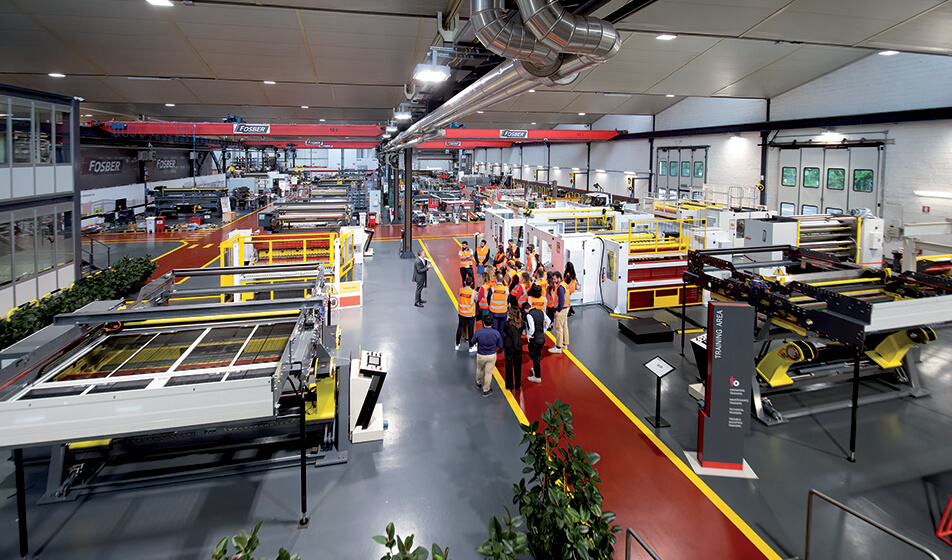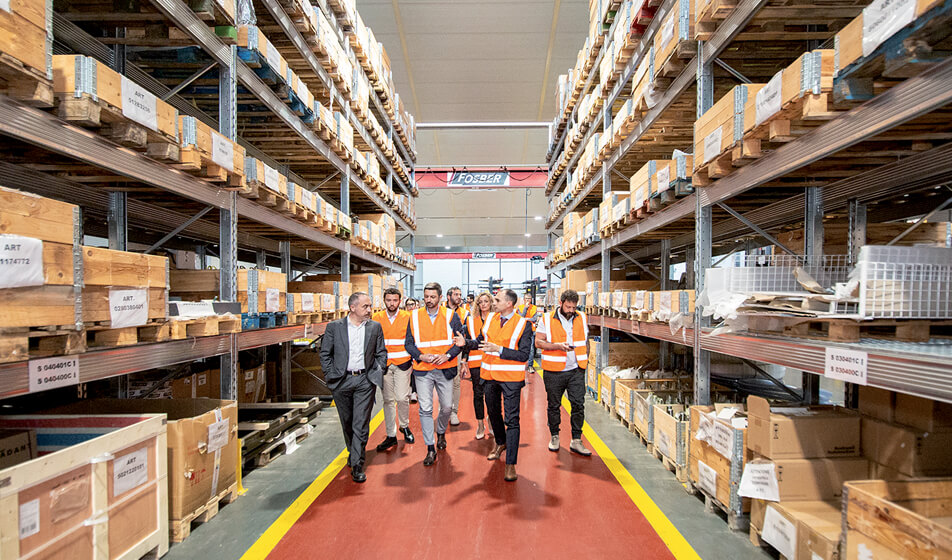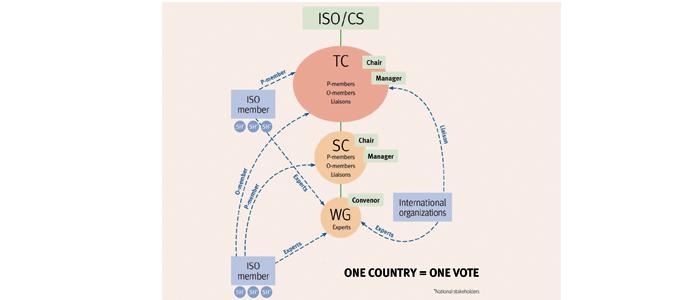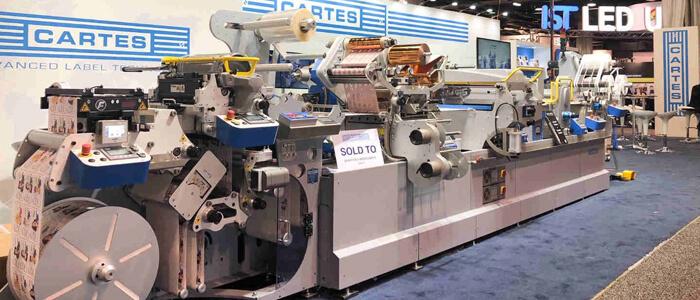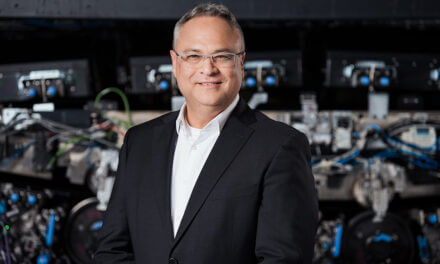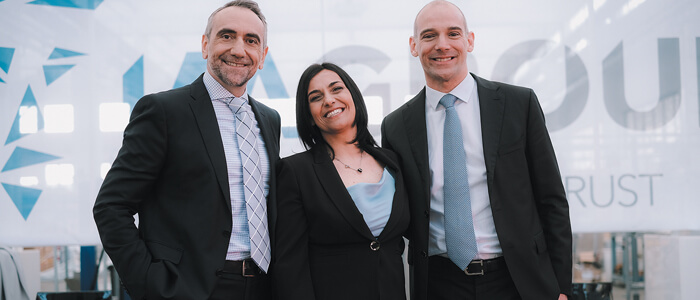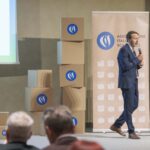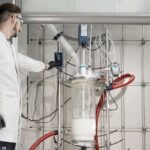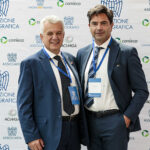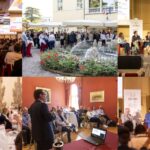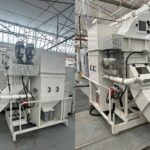Fosber (machines and complete lines for corrugated cardboard) is one of the great world leaders in the industry, with its own approach to the market and technology and an uncommon history of growth. Alfio Brandi, Commercial Director of Fosber, vice president of Acimga and head of the Corrugated Cardboard Group of the Italian Manufacturers’ Association, tells us about them and about the Corrugated Experience project at Print4All.
Fosber protagonist at Corrugated Experience
 Italy expresses cutting-edge, world-famous companies and technologies but, sick from individualism, it struggles with network building, dampening its strength and credibility, and increasing the gap that separates us from our international competitors, primarily Germany.
Italy expresses cutting-edge, world-famous companies and technologies but, sick from individualism, it struggles with network building, dampening its strength and credibility, and increasing the gap that separates us from our international competitors, primarily Germany.
“On this conviction – declares Alfio Brandi – between Acimga and Fosber there was great immediate harmony, that led to my involvement in the mission of aggregating corrugated cardboard companies, first as coordinator of the “ Corrugated Cardboard Group” within the manufacturers’ association and, this year, as vice president. And the companies in our sector have responded very positively.”
Brandi underlines the results of this commitment in terms of lobbying and participation in trade fair events, and relaunches the next major event at Print4all 2025 where a specific area “Corrugated Experience – Technology, Applications, Environment” will be for the first time dedicated to corrugated cardboard.
“As Acimga Group we are convinced that allocating a space for printing technologies for corrugated cardboard is an important lever to attract an ever-increasing audience. The ambition is for Print4All to become a reference both for manufacturers of machinery and components, European to begin with, expressing the craft’s technological excellence, as well as for international users. As for the home market, the tax incentives of the Industry 4.0 and now 5.0 plans have given a nice boost to the modernization of plants, and the wave is far from exhausted.”
Large and very large companies have already booked exhibition spaces and others will come, the manager bets, so as not to miss the opportunity to confront the market and risk losing visibility.
Corrugated cardboard: growing your own way
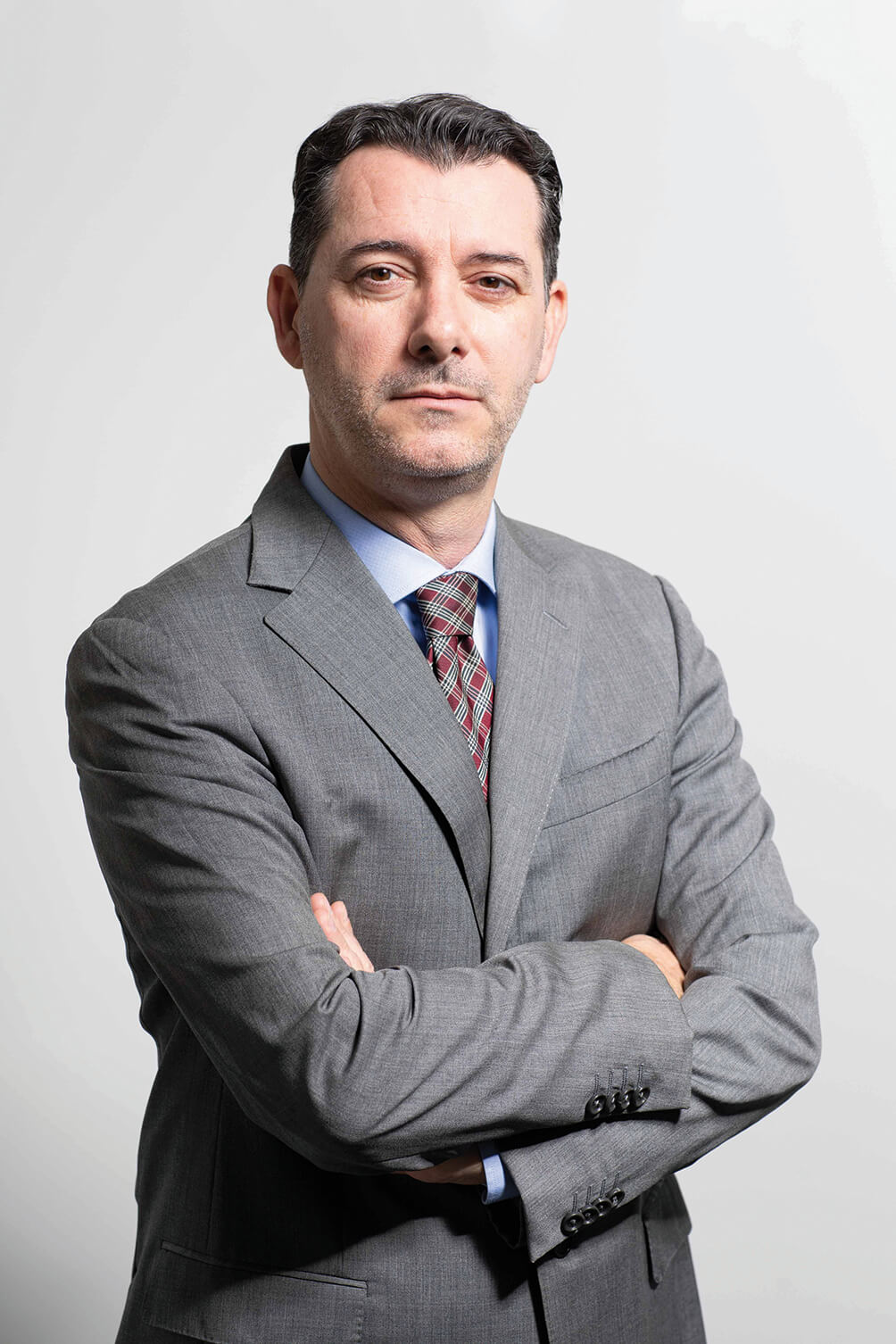
Alfio Brandi, Fosber
When people talk about Fosber, everyone thinks of Chinese ownership, the acquisition of BP Agnati (and not only), the turnover quadrupled in 12 years, the huge investments in R&D and organization, good last the one of about 45 million euros in the new headquarters in lucchesia. All true, but understandable only in the picture of the strategy that has transformed the Tuscan company into a world leader in corrugated technologies and a spokesman for Italianness. It owes this to a management culture that rests on solid pillars of pride (“we have always done our own thing”), collaboration with customers (“everyone says so, but knowing how to do it is another thing), willingness to invest (”in the acquisition of strategic companies but also in technology and facilities”) and an open view of the market and relationships as shown by, among other things, the commitment to Acimga and support for the Print4All fair.Alfio Brandi, Fosber’s Commercial Director, one of the company’s historic top managers and co-author of its growth and culture, makes this point.
After the latest major acquisitions–of the historic Italian brand BP Agnati and Spain’s Tiruña–Fosber is now investing substantial resources in its new headquarters in Monsagrati and in strengthening its service centers in various countries around the world. How do you position yourselves in the international market? And with what prospects?
Fosber is positioned at the top end of the market with a range of machines and complete lines for corrugated, and is one of the very first players worldwide. There are four or five of us at the top-we are competing for the podium mainly with the Germans-and we have room to grow further both in absolute terms and in market share. A notoriously lively developing market, much more than was expected even only fifteen years ago, growing at a rate of +3% per year on average on a global scale, and that is gaining in importance in packaging .
What are the factors driving the market?
They are many: the reorientation from plastic packaging to paper-based packaging; the spread of e-commerce, which after peaks reached in pandemic is still growing; the increasing importance of the cardboard box as a communication and marketing medium; the entry of micro waves in paper converting, which are beginning to replace folding carton in various applications… Ours is a sector that is developing rapidly on a quantitative and qualitative level, especially in the East. In China for some time now and increasingly also in India and Southeast Asia – Indonesia, Malaysia, Thailand… – because of the progressive importance of the emerging middle class and the demographic factor. All this generates a demand for new machinery, and the technological gap with Western manufacturers creates important business opportunities for us.
How do you play it in Fosber? What distinguishes and favors you?
Our strength is based on our own reading of the market and customer relationships: even when we were smaller, we never tried to imitate established companies. Nor did we innovate just to innovate. We interpreted the various application segments with the utmost attention to the real needs of the users with whom we have built over time a relationship of collaboration and trust that is our greatest treasure. And we have invested in meeting emerging needs, which have become real drivers for development. Today we have a comprehensive offering, capable of meeting diverse needs and even anticipating them, opening up new opportunities for our customers.
For example?
The personalization of boxes through printing, and the identification and traceability of packaging. Or the spread of “super micro” waves as an alternative to compact cardboard, where we have developed a technology that ensures excellent flatness, and therefore top-notch printing performance and aesthetics. With in addition an improvement in strength and a reduction in costs generated by material saving, which is known to affect the production cost of a package by up to 70 %.
Creative uses of this material, capable of opening up new markets for users, are being developed in various sectors. As shown by the 15 thousand ceremonial items of a creative client from Veneto, or the micro wave sheet packaging chosen by some ceramic manufacturers to increase automation and reduce end-of-line costs.
It is a small, quality market in which we strongly believe: we acquired BP Agnati and created the Quantum brand precisely to serve it with a hi-tech, dedicated offering.
Fosber is Lucchese and also a bit Chinese, with a management culture that is hard to label…
First of all, Fosber was founded in 1978 in one of the world’s centers for papermaking: a boon for us manufacturers. And then our managers grew up “in the house,” maturing together a shared vision and mentality: the director of after-sales services, the personnel director, the technical director, and myself came to the company fresh from our studies and grew step by step to represent it today in top roles with the pride of those who helped create a group with subsidiaries in the U.S. and China at the top of the market.
As for Dongfang Precision Group, it has controlled Fosber 100% since 2017 and is a family-owned company with a highly evolved management (led by a woman, ed.) with great ambitions and a very down-to-earth approach to business relationships.
Ours is a relationship based on mutual recognition and respect, where we are free to move as we see fit. Dongfang Precision Group supports us in making technologically advanced and easy-to-use machines with very competitive operating and maintenance costs and 24/24 just-in-time support, both remote (using state-of-the-art technology) and in the field through Service Centers located in all strategic markets. These are the key factors of our success, the result not only of expertise but also of adequate investment.”
Like the massive one allocated to build the new headquarters: to which project does it respond?
Make our organization even more effective from a productive and logistical point of view, increasing outputs and bringing the spare parts and after sales services back home. But also activating new projects, such as a school for the training of technicians – an investment in new generations on which the future of the company itself rests – and improving the ability to relate to the territory that hosts us, for which we can do a lot, creating opportunities for work and well-being.
The new headquarters will be 5 times larger than the current and will be located on an existing industrial area, therefore with a contained impact on the environment, on the other side of the road. We will connect it to the historic building with an elevated walkway, physically maintaining a link to our roots, of which we are proud, while respecting the beautiful hilly area and the very small municipality to which we belong.

